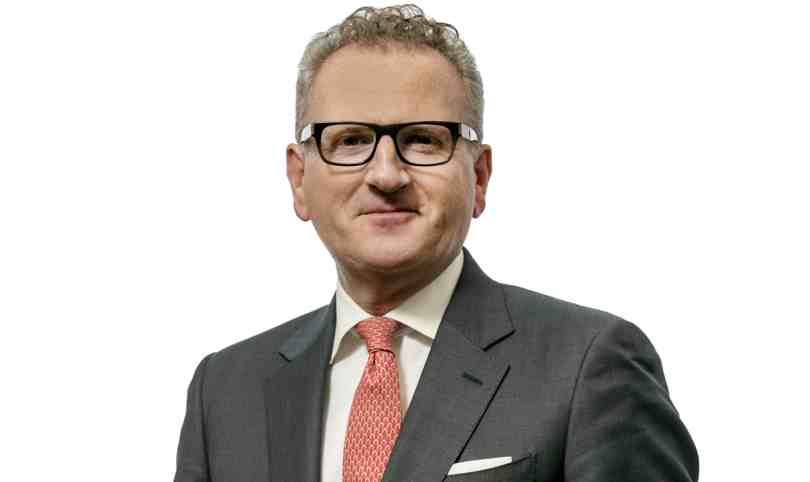Irish business leaders are the most pessimistic in Europe with regard to future prospects, according to the annual Navigator survey from HSBC.
At 52%, more than half of Irish businesses said they are more pessimistic than they were at the end of 2019, with the combined effects of Brexit and Covid-19 driving up the doom levels. The proportion of Irish companies expecting no growth or shrinkage in the coming year has almost tripled from last year to 30%, and three out of four bosses are expecting business to shrink by more than 5%.
The Navigator survey is conducted on behalf of HSBC by Kantar. This survey of over 10,000 businesses spans 39 countries, markets and territories. It was conducted between 11 September and 7 October 2020.
Although Irish companies are also more conservative than peers elsewhere in their investment plans for 2021, those planning to invest will focus on areas which boost demand for products, including targeting new customers, improving speed to market and enabling product and service innovation.
HSBC Ireland shief executive Alan Duffy (pictured) commented: “There are also signs of an evolution in thinking among business leaders, who increasingly define corporate success as extending far beyond shareholder returns. Successful businesses in the future are those that recognise that reputation, innovation and foresight in leadership are vital in meeting rising expectations for companies to act in accordance with consumer values.
“This brings to the fore facets such as social and environmental responsibility and corporate culture and inclusivity as key characteristics of building a successful business.”
Globally, advertising and PR, and pharmaceuticals businesses, are among the most optimistic in their outlook for sales growth, the survey shows, ahead industries including energy, chemicals and technology services. Optimism is scarcer in sectors such as automotive, telecoms, tourism and education.
No surprise that Brexit and other factors have increased the proportion that believe international trade will become more difficult, up to 69% from 59% last year, and with 80% certain that protectionism is increasing.
Covid has led 100% to make changes to their supply chain, with selecting suppliers based on their country’s control of the pandemic the most common change, with an emphasis on choosing suppliers closer to home.
And almost a third are already building strategies to aid recovery and enable growth, with proactive investment in customer experience (31%) and improvement of products and services (30%) highlighted as key areas, after defensive cost cutting.
The full report is available here.








